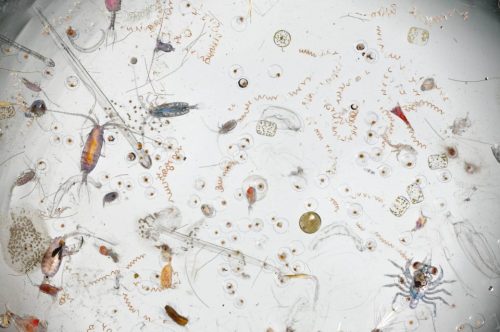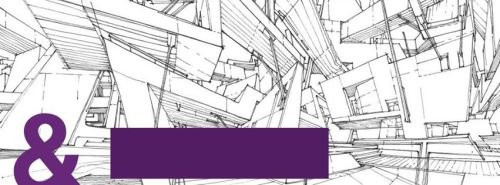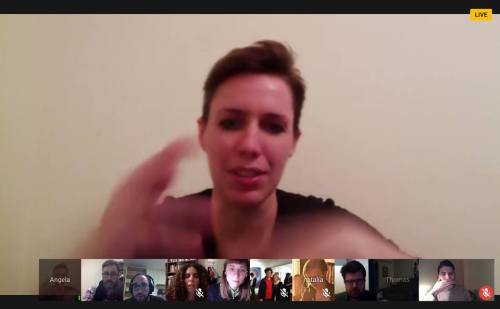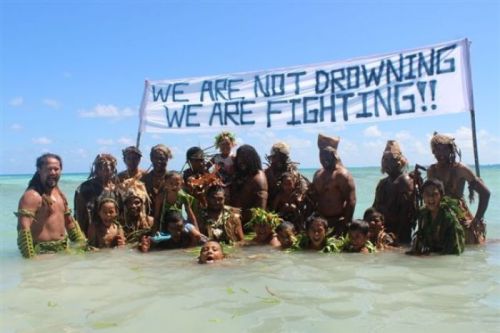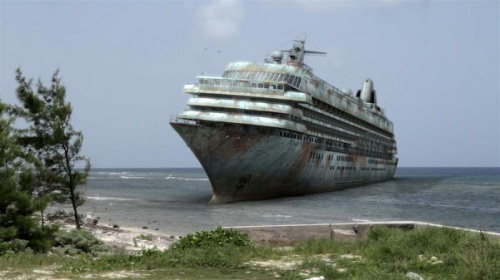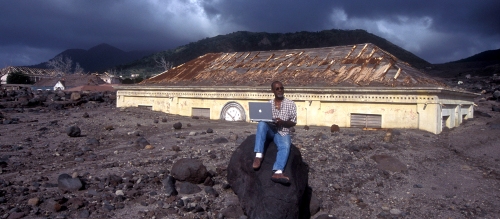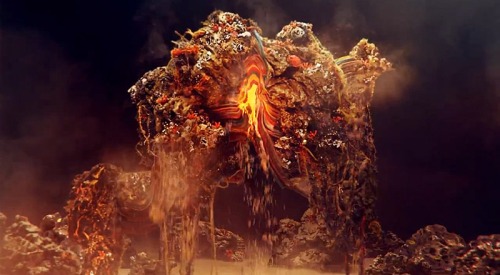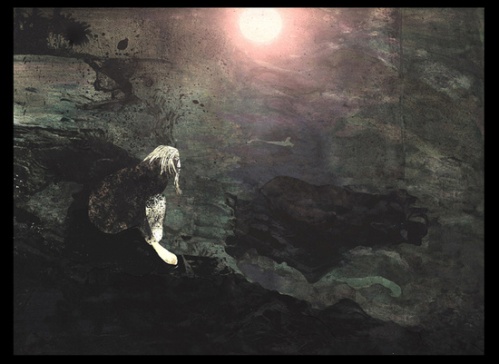I have been invited to participate in a panel at the Constitutionalizing in the Anthropocene research week (you can find the entire programme here). The panel is called ‘The inhuman as capital’, where I will be in conversation with Adam Bobbette and Julia Dehm. There has been a bit of an email exchange before the panel, and it sounds like the different directions from which we are coming might be quite interesting in complicating the theme. I have actually been writing a chapter on economics as part of my book, so thought it might be a good opportunity to ‘field test’ some of the ideas. The chapter is currently titled ‘Marx’s dogs’ (it started off as ‘we have never been social’). It has become a bit of a satirical take on Donna Haraway’s criticism of Marx in her writing on dogs. By looking at Marx’ own dogs, his commentary on dog taxation, dog tax riots, and dog taxation as a colonial tool, I am questioning avoidance of the economic within new materialism. Although many new materialist authors are talking about ‘socialising the nonhuman’, economics rarely seem to be part of the social. Marx, in particular, has become a bit of an odd enemy figure, given the many possible enemies that new materialism should have, but seems to uncritically embrace despite their politics (Nietzsche, Schmitt, Heidegger, etc). This tendency is especially worrying considering that authors such as Haraway originally began their theoretical journey with anti-capitalist critiques, and considering that there are many smart critiques of Marx that draw out more important issues with his work (e.g. see Unpayable Debt by Denise Ferreira da Silva).
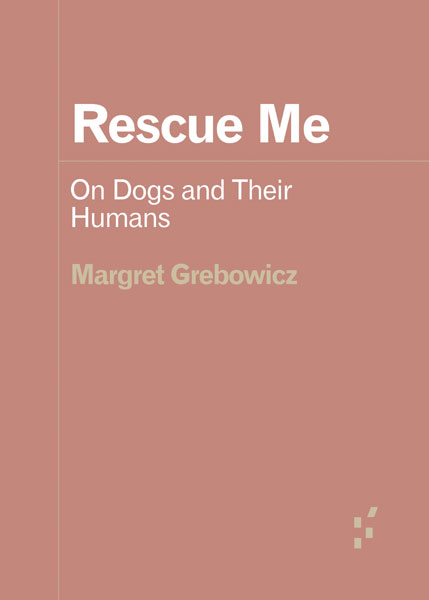
Towards the end of writing my chapter, I came across a neat little book (about 80 pages) that also makes an argument about dogs and economics. The book is called Rescue Me and is authored by Margret Grebowicz. Like Haraway, Grebowicz focuses on dog ownership, however, she ends up in quite a different place. I picked up my copy at the ICA after a ceasefire demo and, at first, the premise of the book seemed rather frivolous given the depressing circumstances. However, Grebowicz ends up making a rather profound argument about reflections on the nonhuman and how they can prompt a rethinking of human-nonhuman socialities (it made me think, for example, of the intensely discussed images of pets in Gaza). Especially at times where it feels as if academic discourse does not have much to say – the association of publication numbers with job security certainly does not help – it is nice to find pieces that convey a message without too much posturing. In fact, the focus is on today’s economic pressures and how they shape relations. The narrative – both in content and style – felt like a much needed antidote to new materialist blindspots.
I am now curious how the research week will go, and which directions people are coming from. I am particularly looking forward to the part on pedagogy. More in a few weeks!



